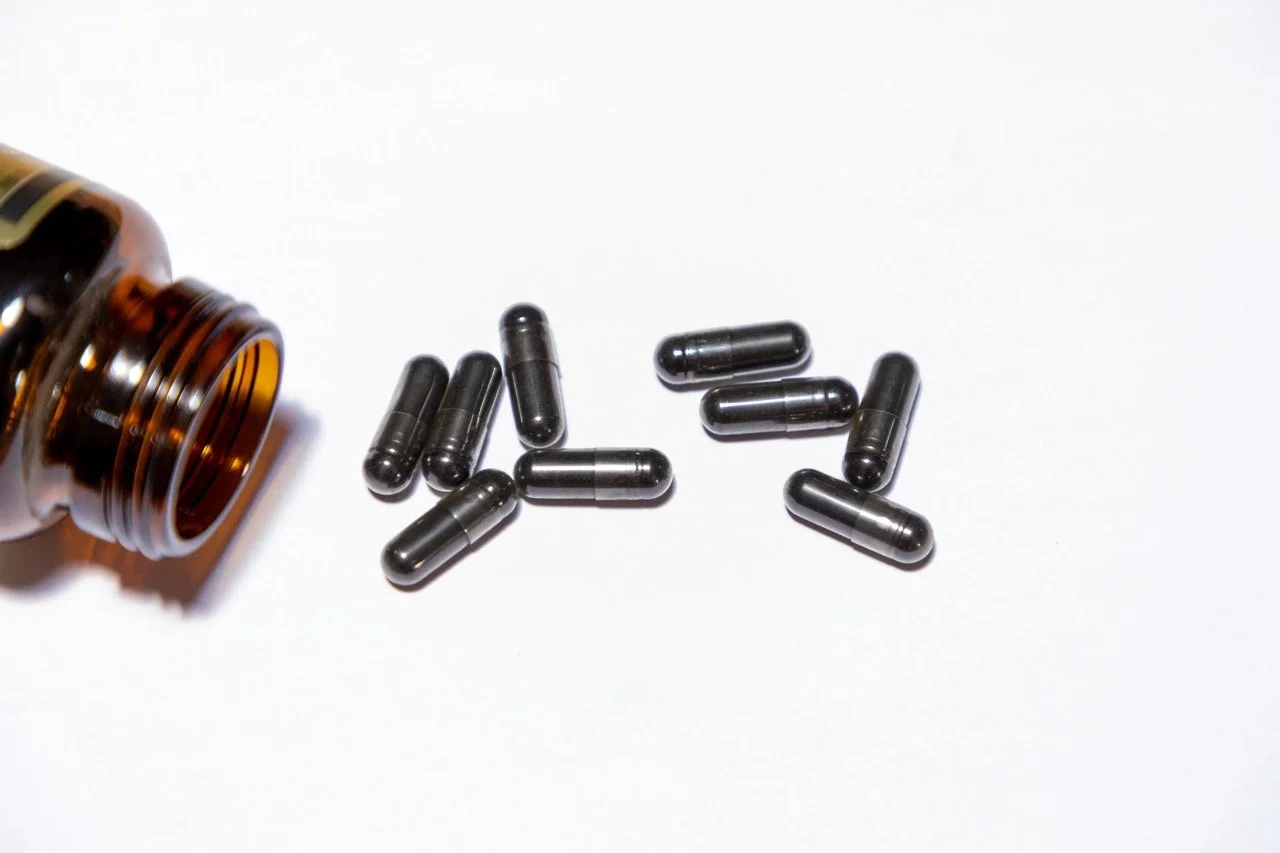Top Binders for SIBO, IBS, and Heavy Metal Detox
Suffering from Small Intestinal Bacterial Overgrowth (SIBO) or Irritable Bowel Syndrome (IBS)? You're not alone. These conditions can significantly impact your quality of life, causing bloating, pain, and digestive issues. While addressing the root causes of SIBO and IBS is crucial, incorporating binders into your treatment plan can be a game-changer. Binders help remove toxins from your system, reducing the burden on your gut and supporting healing.
What are Binders?
Binders are insoluble fibers that work like tiny sponges in your digestive tract. They selectively bind to various toxins, preventing their reabsorption and promoting their elimination through your stool. This reduces the overall toxic load on your body, lessening the burden on your liver and kidneys. They're particularly helpful in reducing inflammation and improving gut health, especially during a “kill protocol”.
Types of Binders and Their Uses
Several types of binders exist, each with its own strengths and applications. The best binder for you will depend on your specific needs and the types of toxins present in your system. This often requires testing or evaluation of your individual health situation. However, this guide provides a general overview:
Zeolite:
A highly effective mineral binder that targets a broad range of toxins, including heavy metals (ex: mercury, lead, aluminum) and glyphosate (a common herbicide). Zeolite is frequently used for maintenance, addressing several cornerstone toxins simultaneously. It's often combined with fulvic/humic acid for enhanced effectiveness. It is also sometimes called Clinoptilolite.
Chlorella:
A type of green algae known for its ability to bind to heavy metals and other toxins. It's particularly useful for removing heavy metals and supporting detoxification.
Enterosgel:
A silicon-based binder that effectively binds to various toxins, including mold (mycotoxins), heavy metals (especially aluminum), and other harmful substances. It's often a good choice for those with sensitivities to other binders.
Activated Charcoal:
A powerful binder known for its ability to absorb toxins and gases in the digestive tract. It's particularly useful for addressing mycotoxins (toxins produced by mold). It is not very selective, however, and can bind to your food and nutrients as well.
Psyllium Husk:
While not strictly a toxin binder, psyllium husk is a soluble fiber that can help support regular bowel movements and remove waste products from the gut. It is mild and particularly useful for estrogen dominance.
Bentonite Clay & Diatomaceous Earth:
While these are sometimes used as binders, I don't particularly recommend them for people with digestive issues. In my experience, they tend to be constipating and can be harsher on the digestive system.
Branded Binders
A note on the quality and effectiveness of binders, which can vary significantly between brands. The following are some of the more commonly used and well-regarded branded binders:
Cellcore Biotoxin Binder:
This binder is specifically formulated to address a wide range of biotoxins, making it a versatile option for those with complex health challenges. It is a blend of powerful binders and I use this product for a wide range of conditions.
Quicksilver Ultrabinder:
This binder is designed to target a broad spectrum of toxins, including heavy metals and mycotoxins.
When to Use Binders
Binders are most beneficial when used as part of a comprehensive detoxification program. They are particularly helpful when:
You have high levels of toxins in your body (identified through testing).
You're experiencing symptoms related to toxin overload, such as fatigue, brain fog, digestive issues, or skin problems.
You are undergoing other treatments for SIBO or IBS to support the overall healing process.
You need support for maintaining gut health and preventing toxin reabsorption.
Important Considerations:
Individualized Approach: The best binder for you will depend on your individual needs and the toxins present in your system. I recommend consulting a practitioner for personalized recommendations.
Potential Interactions: Binders can interact with certain medications. Consult your doctor before using binders if you are taking any medications. It is also important to take all binders away from medication, and ideally away from other supplements. Some can be taken with foods (considered “smart binders”), while others should be taken away from meals as they would also bind with nutrients.
This is not a substitute for medical advice: The information provided here is for educational purposes only and should not be considered medical advice. Always consult with a qualified health practitioner for diagnosis and treatment of SIBO and IBS.
By understanding the different types of binders and their applications, you can work with your practitioner to develop a personalized plan that addresses your specific needs and supports your journey towards better gut health. Remember that addressing the root causes of SIBO and IBS is paramount, and binders should be considered a supportive tool within a broader treatment strategy.

